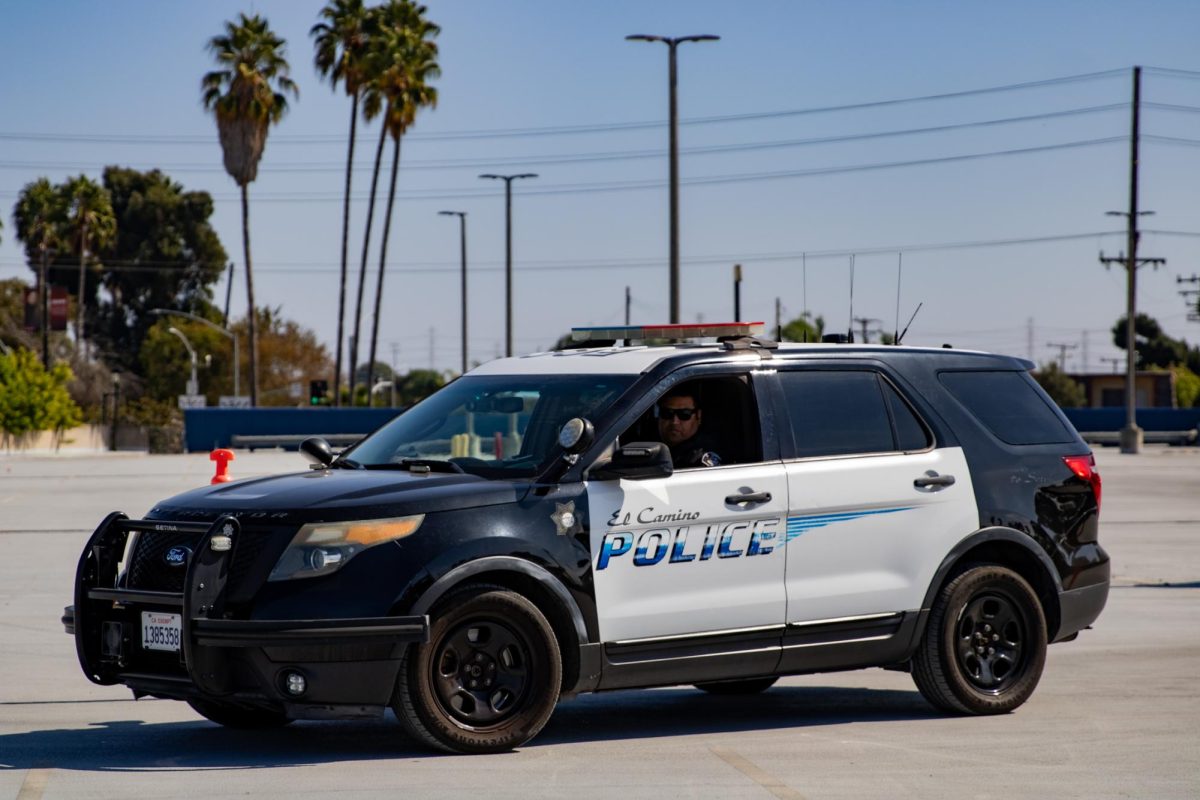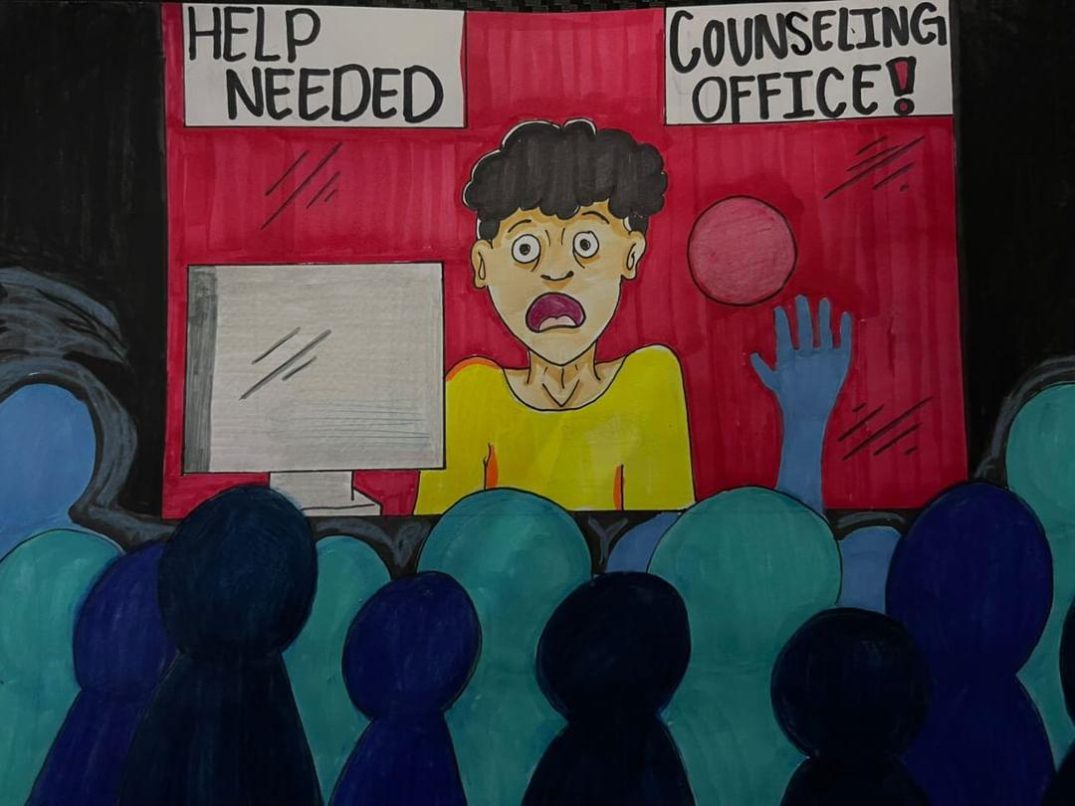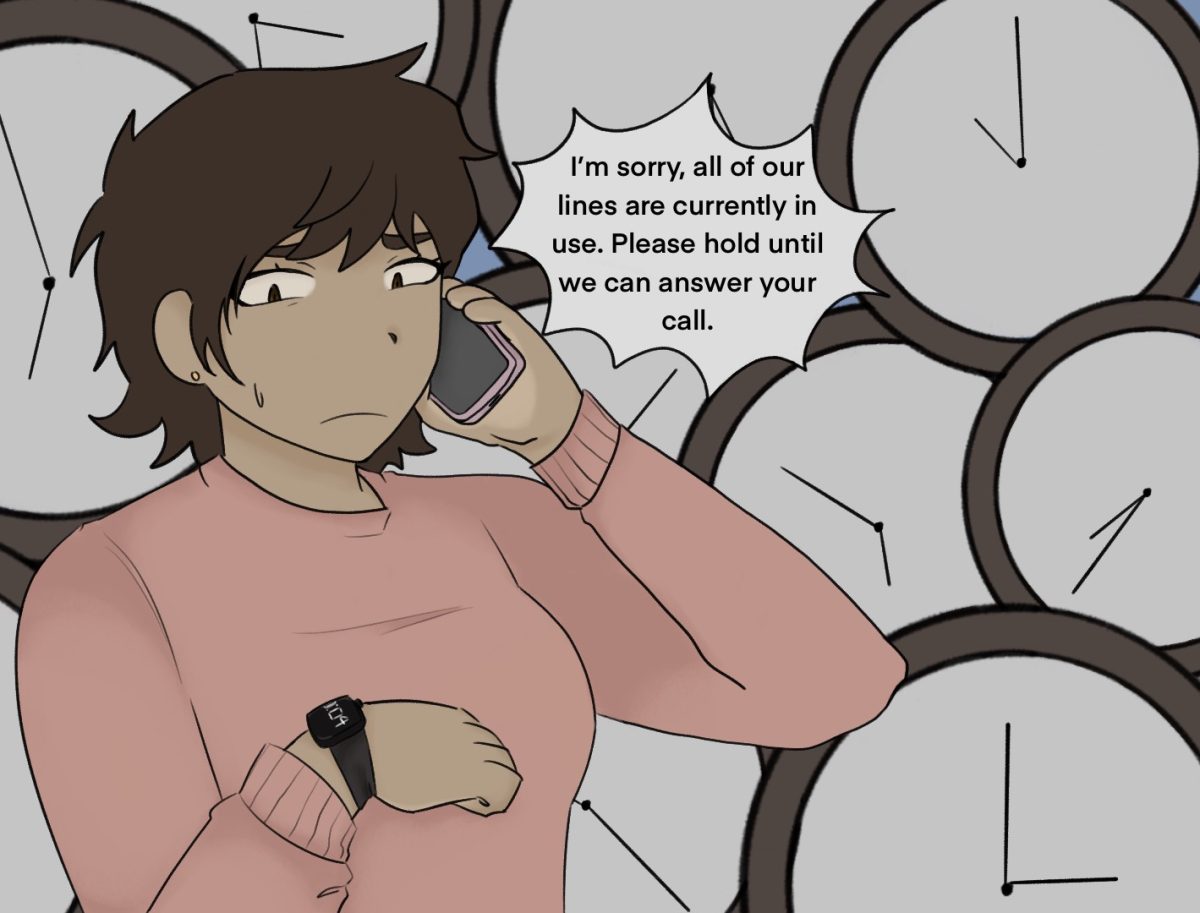When people are starving for some food to nourish their bodies, they do not care about it being healthy or not; They just want to hurry up and eat it before they endure any further hunger pangs.
The Merriam-Webster dictionary defines food as “material consisting essentially of protein, carbohydrate, and fat used in the body of an organism to sustain growth, repair, and vital processes and to furnish energy.”
The dictionary makes no mention of whether or not the food is cloned.
In America, where there is a food surplus, many people still go hungry.
Cloned meat could help to make more food available to everyone, including those who choose to shop at a food bank versus a traditional grocery store.
There is nothing gross about eating cloned beef. It has all the same nourishments that non-cloned beef has. There are the same proteins and fats in the meat as meat raised at ranches.
The FDA decided that the cloned meat that will be entering the American food chain will not be labeled to indicate if it is cloned or not.
This leads one to believe that it is so safe that there is not any reason to distinguish it from the non-cloned beef.
The process of cloning beef will also better the quality of the beef.
The cattle ranchers and scientists responsible for cloned meat have the ability to not only increase the quantity of beef, but also the quality.
This can be achieved by cloning the livestock with the most desirable characteristics.
And to add to the already overwhelming reasons that cloned beef is a good idea and a benefit to the human race in general, the practice of cloning animals could be used to rescue endangered species.





